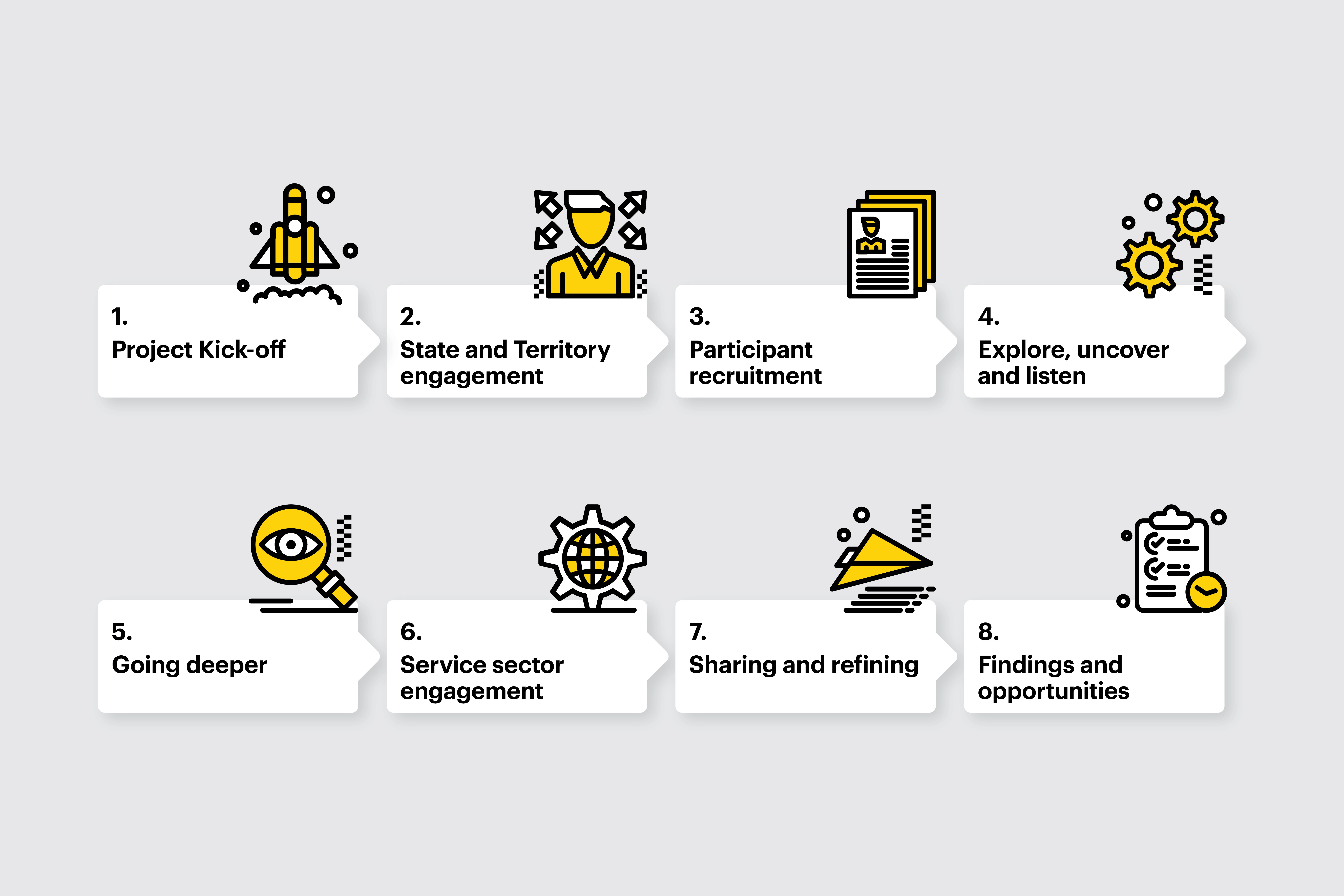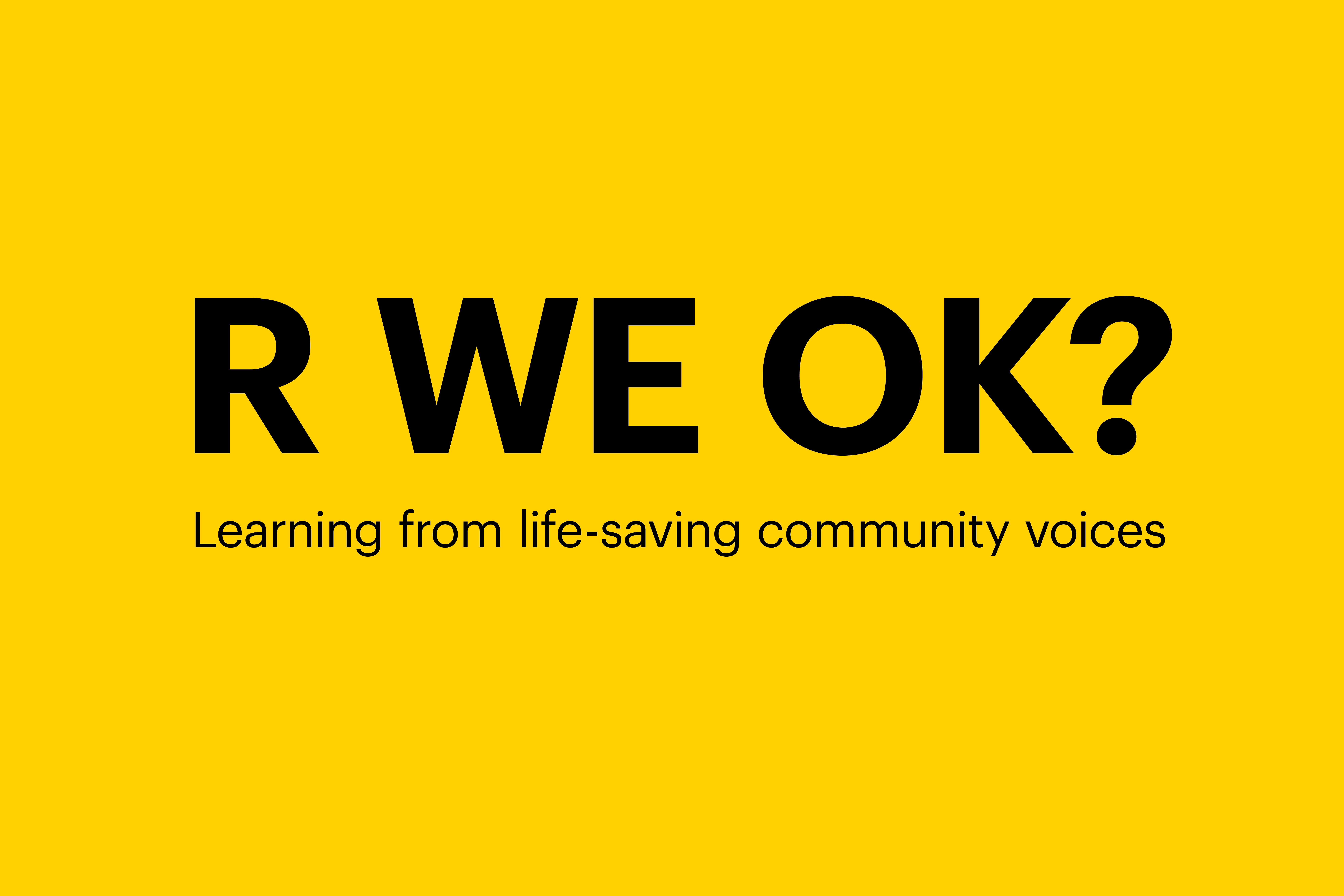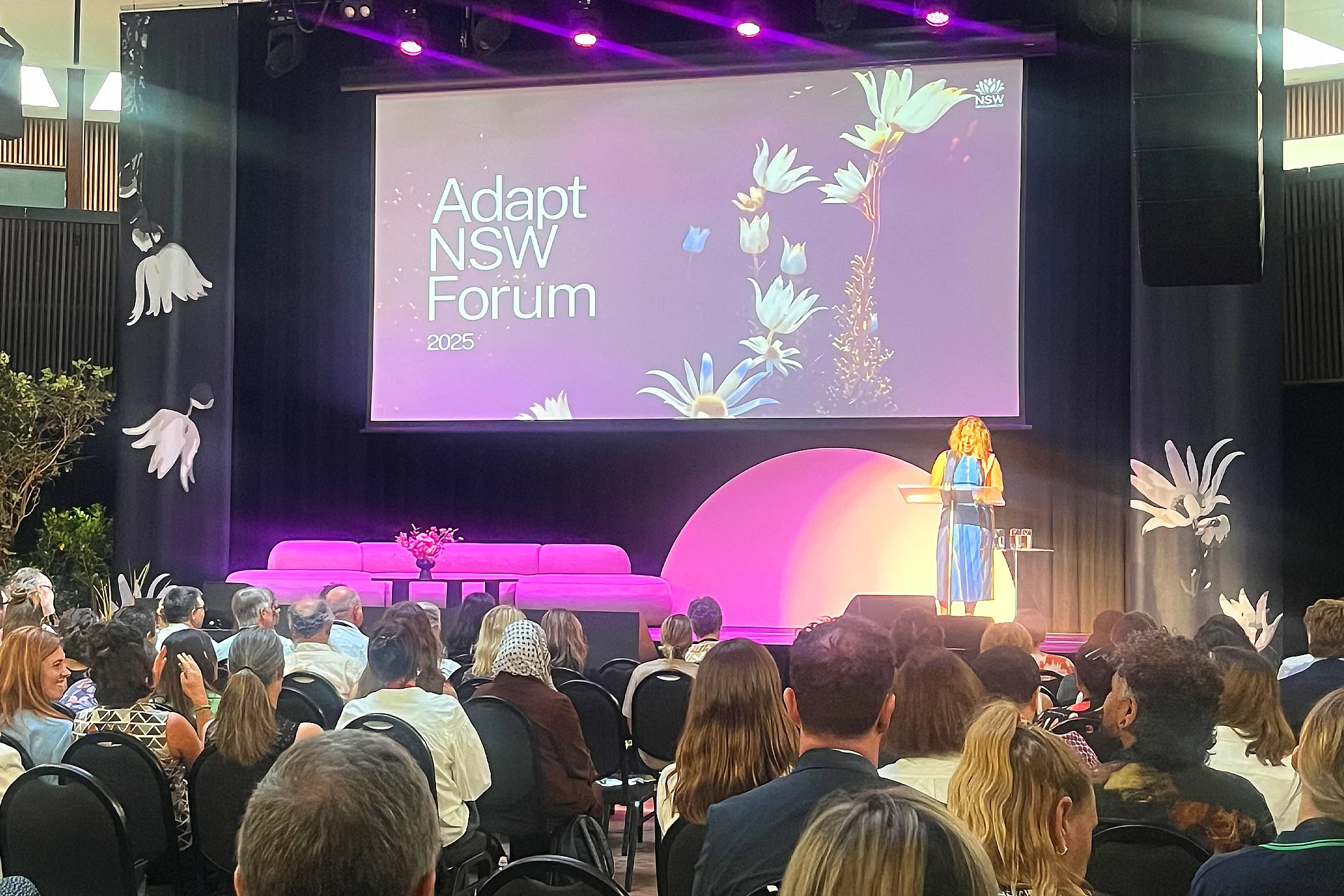Context and background
Suicide is the leading cause of death for Australians aged 15 to 49 years olds (Department of Health and Aged Care). Although it affects everyone, it disproportionally affects marginalised groups and vulnerable people, and has profound and complex impacts across our communities and society.
Last year, in collaboration with Roses in the Ocean, we were commissioned by the Commonwealth Department of Health and Aged Care to work alongside people with lived experiences of suicide to create a set of guidelines for suicide prevention services.
Each set of guidelines intends to support service providers, communities and governments in the design, delivery and evaluation of services — to help them better meet the needs of those at risk or bereaved by suicide.
When the National Mental Health and Suicide Prevention Agreement came into effect in 2022 it signalled a shared commitment across government, states and territories to invest significantly in mental health and suicide prevention support and services. Part of this Agreement, and our focus, included the expansion or establishment of:
- Aftercare services
- Postvention services
- Distress Brief Support services
What we did
In online and face-to-face sessions across Australia, we heard from 227 people with diverse lived experiences of suicide. From beginning to end, we focused on deep listening and learning, to elevate the voices of lived experience.
Facilitated by Roses in the Ocean as a lived experience organisation, we explored the essential elements of each service – from ease of access through to ongoing service delivery, seeking to understand all the touch points and people involved along the way.
We also focused on hearing nuanced experiences and needs across the LGBTQIA+ community, Aboriginal and Torres Strait Islander people, the deaf and hard-of-hearing community, people with disability, neurodivergent people, and the culturally and linguistically diverse community.
We engaged with service providers across the country to understand the feasibility of ideas, and with community-led organisations to understand the distinct needs of priority populations.
Using a co-design approach, our participants reviewed the draft guidelines, ensuring their insights were accurately represented and informing the final refinements and recommendations.
.webp)
What we learnt
In short: we learnt a lot. The lived experience community was passionate, generous and incredibly knowledgeable about what works best for them and those most at risk or impacted by suicide.
We captured the detail of our many conversations and shaped the findings into three sets of guidelines, one for each service. Across the guidelines the recommendations broadly fit in three key themes:
- Access and awareness of services and support, particularly for at-risk and marginalised communities.
- Oversight of service delivery and the importance of involving people with lived experience in the end-to-end journey.
- Support pathways that guide individuals at risk through appropriate interventions, resources, and follow-up care to ensure ongoing support and prevent further crises.
Through our conversation we heard that some of the more important aspects of a service for participants included:
- Individually responsive support – where services are tailored to a persons needs, not only at a point of distress, but throughout.
- Availability and access – implementing a ‘no wrong door’ policy that ensures services are available to anyone who needs them regardless of age, diagnosis or levels of distress.
- Peer support – ensuring people’s their first contact is with a peer worker who has lived experience of suicide or bereavement.
- Flexibility – ensuring that people can select their preference for follow up in the future and can step back into a service at any time.
- Support for first responders – ensuring that first responders such as police and paramedics who have unique needs, have access to appropriate services and support.
- Governance and evaluation – ensuring that people with lived experience have a say in governance structures and the evaluation of the effectiveness and impact of services.
You can read the details of the individual guidelines on the Roses in the Ocean website.

Where to from here
Throughout this process we heard a strong and urgent desire for transformative changes in mental health and suicide prevention services — requiring bold and courageous steps.
The newly developed guidelines will serve as a critical stepping stone in the creation and design of future services, informed by and through the perspectives of people with lived experience. By embedding these guidelines as principles of best practice, we hope services continue to grow and evolve, to ensure that people with lived experience are at the forefront of service development.
Wrap up
Before wrapping up this post, we want to acknowledge all of the people with a lived experience of suicide, who brought courage, tenacity and expertise to this process. We deeply value and recognise the impact this community has on saving lives.
Every workshop was incredibly meaningful, and left us with a sense of hope for the future of the services and systems supporting people with lived experience. We’re already bringing what we learnt through this process to our ongoing work in the mental health, suicide prevention, and wellbeing spaces.
If you need immediate assistance or support, contact
- Lifeline: 13 11 14 or text 0477 13 11 14
- Beyond Blue Support Service: 1300 224 636
- 13YARN: 13 92 76 for Aboriginal and Torres Strait Islander people





